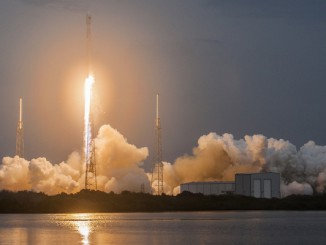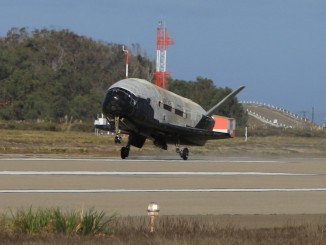
US Air Force

Falcon 9

News

News

Mission Reports

Atlas 5

News






© 1999-2026 Spaceflight Now Inc